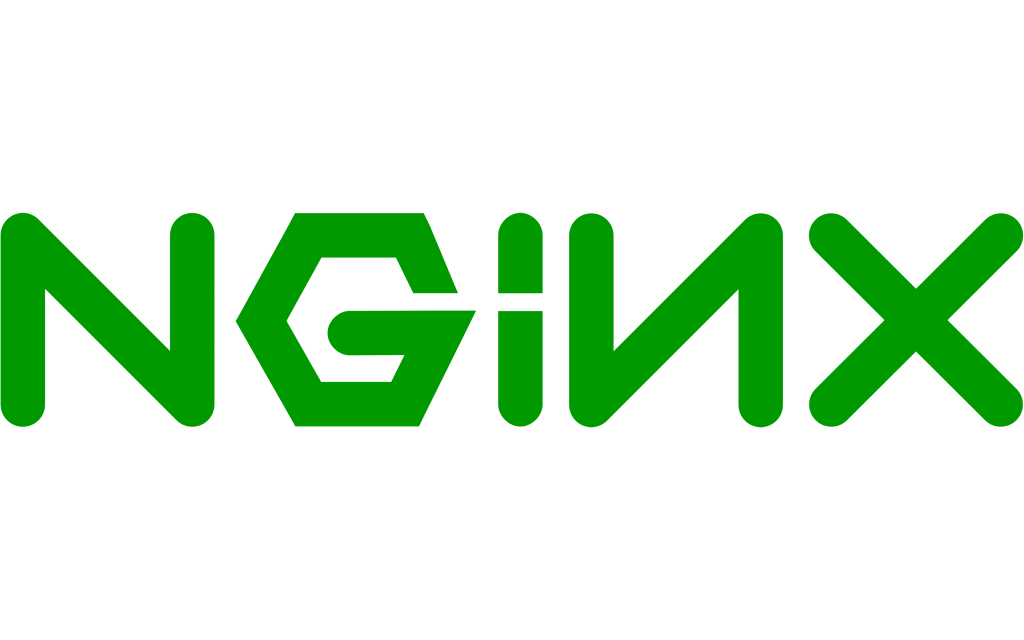As a WordPress site owner or developer, ensuring optimal performance is key to providing users with a smooth and fast experience. The right server and PHP configurations directly influence how quickly your website loads, handles traffic, and processes requests. To meet these needs, the ideal WordPress PHP server requirements include PHP version 7.4 or higher, a memory limit of at least 128MB (preferably 256MB), MySQL 5.7+ or MariaDB 10.3+ for database management, and HTTPS support for secure connections. At KloudStack, we prioritize speed and efficiency, helping clients achieve their performance goals through robust cloud hosting on Azure infrastructure.
Here’s a detailed look at the ideal WordPress PHP server requirements that will help you maximize speed and performance.
1. PHP Version
One of the most critical factors impacting WordPress speed is the PHP version used. WordPress runs more efficiently on the latest stable version of PHP. The key benefits of upgrading to a modern PHP version are improved performance and security.
- Recommended Version: PHP 8.0 or higher.
- Why: PHP 8.0 offers better performance, thanks to the JIT (Just-In-Time) compiler, which improves request handling and reduces processing time by 50% or more compared to older versions like PHP 7.4.

2. Memory Limit
Setting an appropriate PHP memory limit ensures your WordPress site has enough resources to run plugins, themes, and database queries efficiently.
- Recommended Setting: At least 256 MB of memory.
- Why: Larger sites with numerous plugins or complex themes can quickly run into memory issues. Increasing the limit to 256 MB or more ensures smooth operation and faster page load times.
3. Web Server: NGINX or Apache?
Choosing the right web server is crucial for site speed. Both NGINX and Apache are popular for WordPress hosting, but NGINX stands out for handling large traffic volumes with minimal resource use.
- Recommended: NGINX.
- Why: NGINX is faster and more efficient in serving static content, handling concurrent requests, and proxying traffic. It reduces load on server resources, speeding up site performance.

4. Caching Mechanisms
Caching stores copies of web pages, reducing the time to load by preventing redundant server requests. A properly configured caching system can significantly improve your website’s speed.
- Recommended Setup: Use Object Caching (e.g., Redis or Memcached) and Page Caching (through plugins or server-side).
- Why: Object Caching speeds up database queries by storing results, while Page Caching serves entire pages as static files, drastically reducing server load and improving load times.
5. OPcache
OPcache is a PHP accelerator that caches precompiled script bytecode. This prevents PHP from having to load and parse scripts repeatedly for each request.
- Recommended: Enable OPcache in PHP settings.
- Why: OPcache reduces CPU and memory usage, enhancing overall speed by loading the already compiled code directly from memory.
Click here for More on OPcache
6. Database Configuration
An optimized database is crucial for reducing query time, especially for content-heavy WordPress sites. The MySQL or MariaDB database should be properly tuned for optimal performance.
- Recommended Settings:
- Enable Query Cache.
- Use the InnoDB storage engine.
- Optimize buffer pool size for your workload.
- Why: These settings reduce the time it takes to fetch data and ensure faster query performance, essential for speeding up dynamic WordPress content.
7. HTTP/2 and HTTPS
HTTP/2 allows browsers to load website resources more efficiently by sending multiple requests over a single connection. Coupled with HTTPS, it improves both speed and security.
- Recommended: Use HTTP/2 and enable HTTPS.
- Why: HTTP/2 decreases page load times by handling multiple requests in parallel. HTTPS not only ensures secure data transfer but also enhances speed due to modern browser optimizations.
8. Content Delivery Network (CDN)
A CDN distributes your website’s static resources (like images, CSS, JavaScript) across a global network of servers, reducing the distance between your server and your users.
- Recommended: Use a CDN like Azure CDN.
- Why: A CDN decreases latency by serving content from servers closest to your users, improving page load times, especially for a global audience.
9. SSD Storage
For ideal WordPress PHP & server requirements fast storage ensures that your server can quickly retrieve and serve your WordPress site’s files and database content. Solid State Drives (SSD) offer much faster data access than traditional HDDs.
- Recommended: Ensure your server uses SSD storage.
- Why: SSDs reduce file access times, ensuring faster data retrieval for dynamic content, leading to quicker page loads.
10. Server Resources
Your hosting environment plays a significant role in WordPress speed. A dedicated or virtual private server (VPS) with scalable resources ensures your site can handle traffic spikes without slowing down.
- Recommended Setup:
- CPU: At least 2 vCPUs for small to medium sites.
- RAM: At least 4 GB for better performance.
- Disk Space: Depending on your site’s content, aim for scalable options.
- Why: Adequate CPU and RAM allocation allows for better processing of multiple requests, reducing delays in rendering web pages.
Conclusion
By ensuring that your WordPress site is configured with the latest PHP version, appropriate memory limits, and optimal server settings, you can drastically improve its performance. Whether you’re running a simple blog or a complex e-commerce site, adopting these ideal PHP and server configurations will help you maintain a fast, secure, and scalable WordPress website.
At KloudStack, we’re committed to providing top-tier WordPress hosting on Azure infrastructure, with custom-built stacks designed for speed, reliability, and scalability. Let us help you achieve superior performance with the right server configurations tailored to your business needs.

Leave a Reply